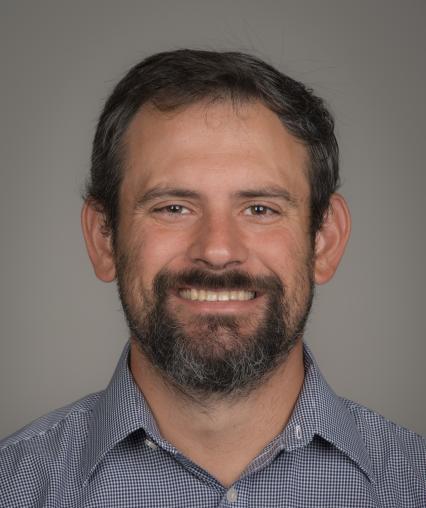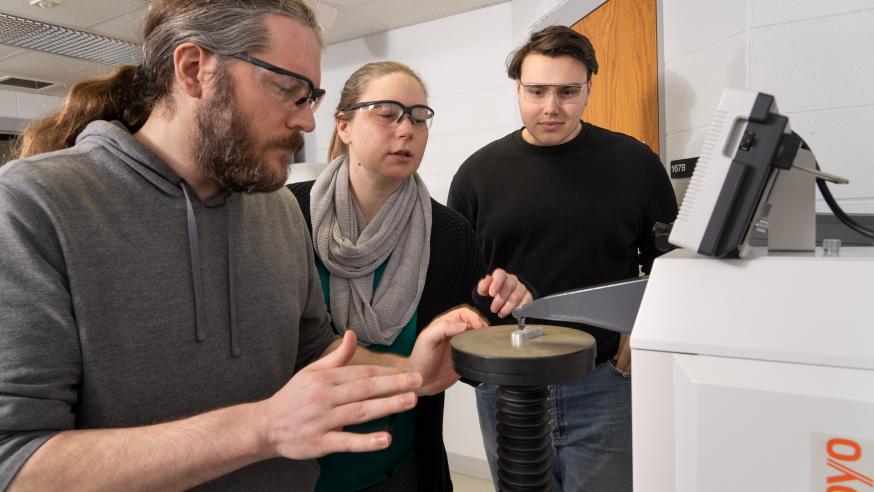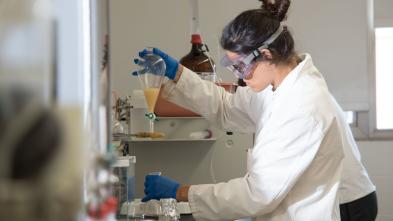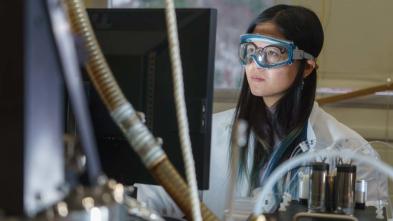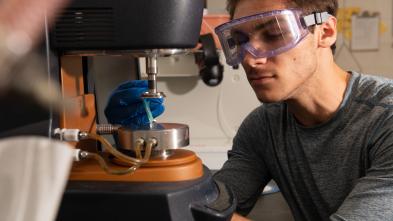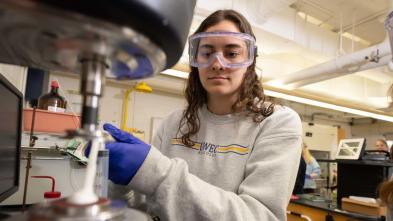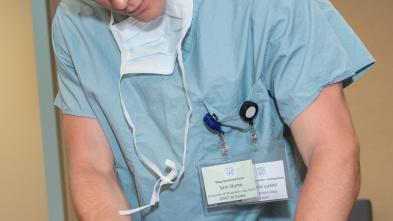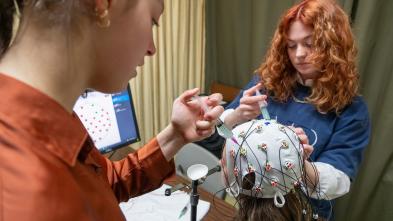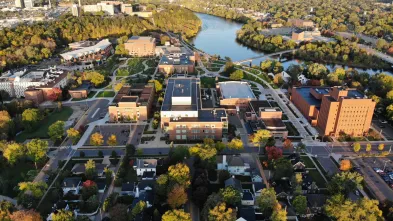
Biomedical Engineering
Engineer your future — and the world's — with a biomedical engineering bachelor's degree
Don't Wait to Start Changing the World
Biomedical Engineering (BME) is a field that is focused on the application of engineering principles and design concepts to address problems in medicine and healthcare. Rooted in science, math, biology, and engineering, the biomedical engineering program will encourage you to analyze, model, and design biomedical engineering devices, systems, components, and processes. Projects throughout the program, including a senior capstone project, will build skills in teamwork, communication and creative problem-solving, helping you to identify, formulate, and solve complex engineering challenges. These projects help you work toward answering key challenges in the medical field.
The ability to explore and make discoveries is a critical component of the major. The BME curriculum has been designed to identify and explore the most important emerging areas in biomedical engineering, such as imaging, 3D printing, implantable medical devices, bio-compatible materials, and tissue engineering.
As a result of longer life expectancy and higher rates of healthcare spending that increase the demand for new technologies and tools, biomedical engineering graduates are in high demand as they can bridge the gap between understanding engineering concepts and the biomedical problems that are being addressed. Exercising informed judgment and data-driven decisions, our grads help address the increasing need for biomedical solutions, particularly around those that serve the health care needs of an aging U.S. population. You may go on to design implants, improve pacemakers, create engineered tissues, develop new medical imaging tools, and so much more. With countless career paths throughout a variety of industries, you and your biomedical engineering degree are certain to better lives and make a difference.
Program Details
Accreditation Information
The Bachelor of Science in Biomedical Engineering program at UW-Eau Claire is accredited by the Engineering Accreditation Commission of ABET, https://www.abet.org, under the General Criteria and the Biomedical Engineering Program Criteria.
Blugold Stories
Justthe
facts

Where can the biomedical engineering program lead me after graduation?
With a degree in biomedical engineering from UW-Eau Claire, you'll quickly find countless job opportunities await you. Graduates leave with the knowledge and skills necessary to apply engineering practices to solve human health problems, developing interventions that preserve and promote health and well-being. Students may find themselves working in manufacturing environments or at universities, hospitals, research facilities, medical institutions, or healthcare and technology companies.
Because so many fields need biomedical engineers— from medical to fitness to devices to orthopedics — you'll be able to take your pick when it comes to career paths. Whether you enjoy direct interaction with patients or working in a more behind-the-scenes engineering role, you'll have everything you need to make your mark — and an impact.
Example Careers
- Biomedical engineer
- Manufacturing engineer
- Quality engineer
- Doctor
- Researcher
- Biomedical scientist
- Medical device manufacturer
- Sales representative
Curriculum within the biomedical engineering major is rigorous, intentional and experiential. Coursework strongly encourages creative problem-solving. Applying principles of engineering, biology, human physiology, chemistry, calculus-based physics, mathematics and statistics, you'll interpret data and solve bio/biomedical engineering challenges.
For those interested in a career in medicine, the growing program is compatible with the pre-medical track at UWEC. For those who are not interested in medical school but want to stay involved in the medical area, the biomedical engineering major is also an excellent choice.
Here are a few courses in Biomedical Engineering at UW-Eau Claire.
BME 201
Introduction to Biomedical Engineering
Introduction to the field of biomedical engineering and the role of bioengineers. The class will cover a number of human diseases and discuss biomedical engineering techniques that are being developed to improve healthcare.
BME 330
Biomedical Engineering Instruments and Measurements w/lab
Principles and the application of instrumentation that are used for medical measurements and observing physiological variables. The class will focus on the detection of signals, data acquisition and processing, and display of signals. Topics will include; respiration, heart sounds, temperature, and blood pressure. Hands on practical experience with biomedical instrumentation will be included.
BME 320
Clinical Problems in Biomedical Engineering
Lectures and discussions to investigate advances in the use of engineering approaches to address key clinical problems that exist in the medical field. Engineering topics will include: bioinstrumentation, medical imaging, biomaterials, biomechanics and medical devices. This course builds on the Engineering and Biology principles introduced in
Get More Info
Sign up to receive additional information about our campus.
Meet the Faculty
